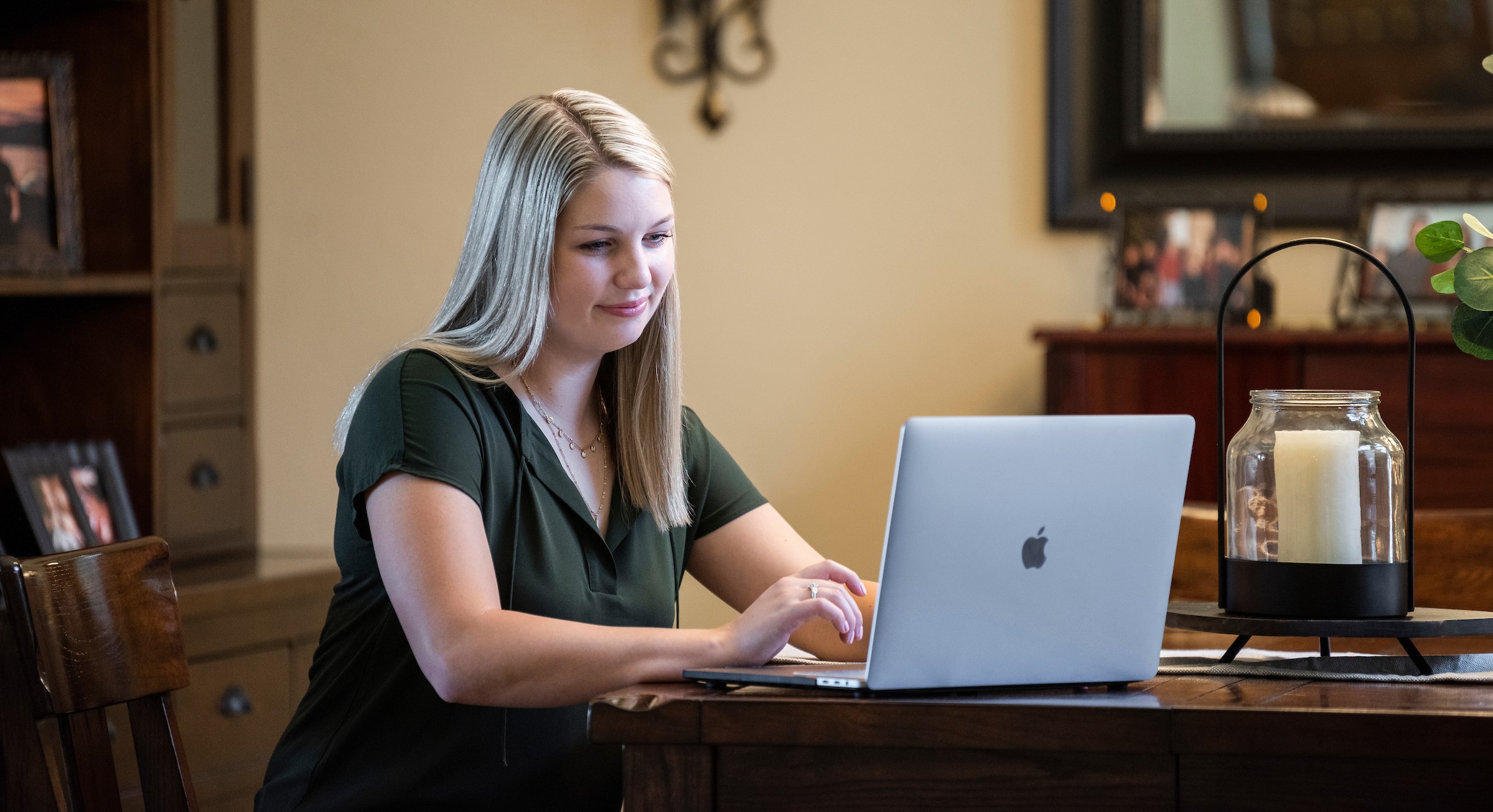
ASU partnership educates teachers on financial literacy
A new certificate program aims to equip K-12 educators with the skills to teach personal finance.
The W. P. Carey School of Business is partnering with Next Gen Personal Finance (NGPF), a non-profit organization with the mission of improving the financial lives of the next generation of Americans by providing more than 80,000 educators with engaging curriculum and professional development opportunities, to create a personal finance certificate program for K-12 teachers on financial literacy.
"In line with the ASU charter, this is a way that our department can use its expertise to take responsibility for the communities it serves," says Department of Finance Chair and Cutler Family Endowed Professor Laura Lindsey. "We are excited to expand outreach on financial literacy, and the NGPF program provides us an opportunity to extend that reach."
The program, which launches this fall, consists of two online courses: Investment Management for Educators (3 credits), which focuses on a framework for planning and implementing investment strategies, and Risk Management for Educators (3 credits), which focuses on identifying, measuring, and mitigating sources of risk. Each student in the inaugural class will receive a full scholarship from NGPF, and prerequisites include NGPF's Investing and Advanced Investing certificates. Both courses are for-credit and could apply toward a graduate degree program.
NGPF co-founder Tim Ranzetta approached the school last winter about a collaboration that would allow teachers to earn college credit. "We were looking for partners because we wanted an institution of higher learning that had a great reputation with online instruction," he says. "Our goals are ambitious in terms of a scalable solution so we can reach as many teachers as possible."
As part of W. P. Carey's financial inclusion initiative, which includes providing dual enrollment for high school students in the same personal finance primer offered to ASU students, enhancing teachers' knowledge is essential step educating students and the community.
"We're happy to partner with NGPF because it fits in with our efforts to further financial capability," says Lindsey. "If we help to educate teachers, we can impact more students than we otherwise would, and we can ensure understanding beyond the basics so students can better navigate their financial lives."
W. P. Carey Dean Ohad Kadan explains that early financial literacy is key component to better financial decision-making. "As a business school, we not only engage with banks and corporations but also need to educate individuals who are making financial decisions for themselves and their families. By improving financial literacy, we empower students, teachers, and communities to take charge of their financial futures," he says.
Providing all students with access to financial education
In 2011, while volunteer teaching a high school personal finance course, Ranzetta saw the engagement of the students and the ripple effect with their parents and was motivated to do more. In 2014, he collaborated with Jessica Endlich, a high school principal in the New York City Department of Education, to develop NGPF.
Today, the organization has 19 employees and has served over 80,000 teachers, reaching more than 3 million students annually. From interactive educational games to podcasts to curriculum covering budgeting, taxes, and investing, NGPF provides educational personal finance resources for middle and high school students at no cost to educators. Since personal finance requirements in schools are still relatively new, certificate programs and professional development allow teachers to familiarize themselves with subject matter not taught in most teacher prep programs.
Despite research supporting the many benefits of personal finance education, only 23 states require students to complete a financial literacy course before graduating high school. Through NGPF's Mission 2030 Fund, the organization supports implementing financial education in high schools nationwide.
"We believe that by the year 2030, all students in all high schools should benefit from a semester-long personal finance course that will enable them to thrive in the future. The good news is there's incredible momentum behind this," says Ranzetta. "It's exciting to see people coming around to the belief that if we're going to try and build financial capability, a cornerstone of that has to be education. In the past two years, the number of states requiring a course in personal finance has risen from eight to 23."
The first certificate program class begins on Aug. 14 and will incorporate curriculum developed by NGPF and W. P. Carey faculty. With 118 students enrolled, the program has already significantly surpassed its enrollment expectations.
"Scholarship application responses overwhelmingly demonstrated teacher enthusiasm and need for this program for new and veteran teachers alike," says Chris Salm, NGPF's growth project manager.
"If we're looking at a significant increase in the number of students who need to learn, then there's going to be a significant increase in the number of teachers who will be seeking professional development opportunities like this," says Ranzetta. "Their ability to get a certificate from a leading institution like the W. P. Carey School of Business is huge for them."
Learn more about Next Gen Personal Finance.
Latest news
- $35 million NASPO gift advances procurement and ASU's global leadership in supply chain management
The historic commitment from the National Association of State Procurement Officials establishes…
- AI research earns triple honors
Assistant Professor of Information Systems Tian Lu recognized with three INFORMS awards for…
- After NHL exit, W. P. Carey alums advocate for the future of Arizona hockey
Olympian Lyndsey Fry (MBA '18) and Garrett Niederkorn (BS Management Entrepreneurship '15, MBA '…